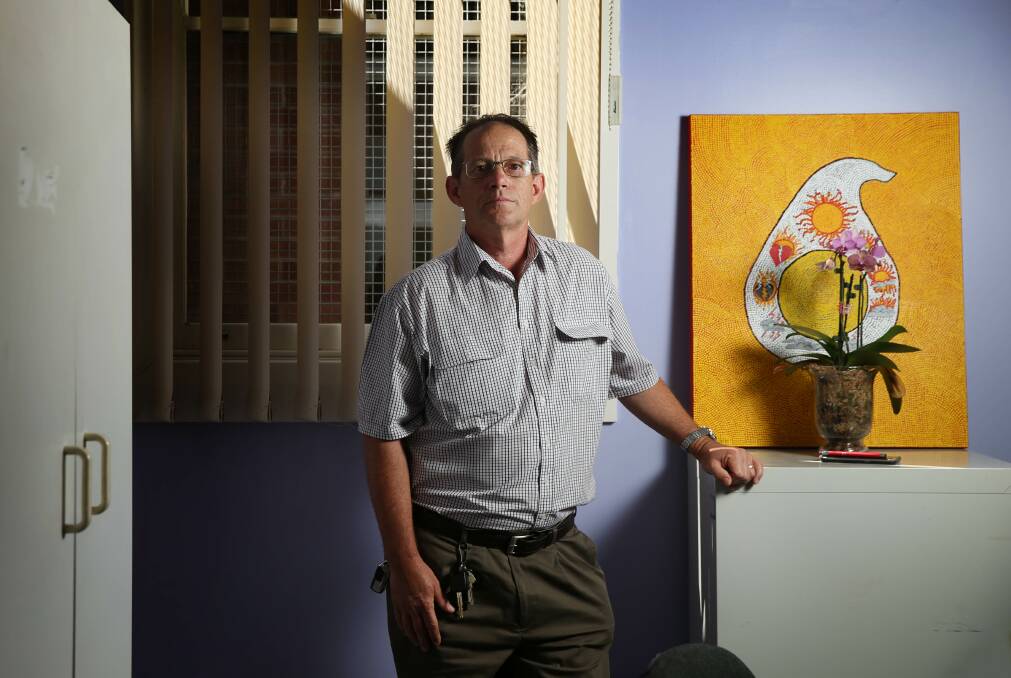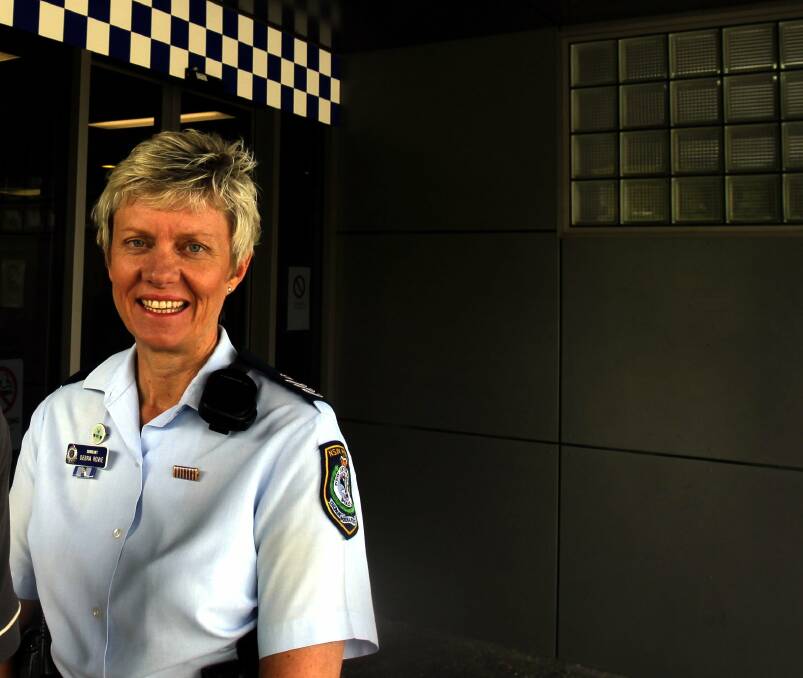
A PROGRAM targeting ice use will kick off in Hamilton South in a bid to improve lives, reduce crime and decrease demand for the drug.
Subscribe now for unlimited access.
$0/
(min cost $0)
or signup to continue reading
The Ice Smart Recovery program, which starts at the Department of Housing estate on Tuesday, aims to educate the community and offer incentives to users seeking help for their addiction to crystal methamphetamine, also known as ice.
It follows the success of the award-winning Operation Restore Hamilton South, a project that began in 2014 and broke down barriers between the police and the community, Sargeant Deb Rowe, of Newcastle City Police District, said.
“Ice seemed to be a core issue of a lot of the problems in the area,” she said.
“The domestic violence, the conflict, the physical and mental health problems.
“We need to get rid of the demand for ice, because while there is demand, there will be a supply. We can arrest the dealers, and another one will move straight in because people want it. We have to reduce the demand, and get the community on board.”

Thanks to funding from the Drug Summit Grants Program, the Ice Smart Recovery sessions will be held on site at the estate for at least 10 weeks, although there is hope it will become a long-term initiative.
The sessions will be run by Dr David Outridge and the team from the Samaritans’ Broadmeadow-based Recovery Point, which has been helping people with drug addictions for the past two years.
“What works well with Smart Recovery is that it is reward-based,” Sargeant Rowe told the Newcastle Herald.
“People get prizes for attending and achieving goals, and providing clean, voluntary urine samples. There are incentives for them, such as knocking out their state debt.
“People who have racked up fines have the opportunity to repay their state debt and get their licence back, and that will also help them in terms of job prospects and their employability.”
She said there was a demand for the Ice Smart Recovery program in other areas too, including Windale, Mayfield and Wallsend.
Dr Outridge said the Recovery Point team were eager to help implement the program on the estate. It could potentially help reduce use by about 40 per cent.
“It is a drug hot spot,” he said. “It is also a place where people tend to get housing when they are released from jail. There is a lot of social disadvantage and people with mental illness already, and the drugs just make all of that worse. If we can do something about the drugs, we may start to see the place improve.
“The majority of people, if they knew what ice was doing to them, and did these steps with a bit of counselling and group work, would save themselves a lot of grief.”

